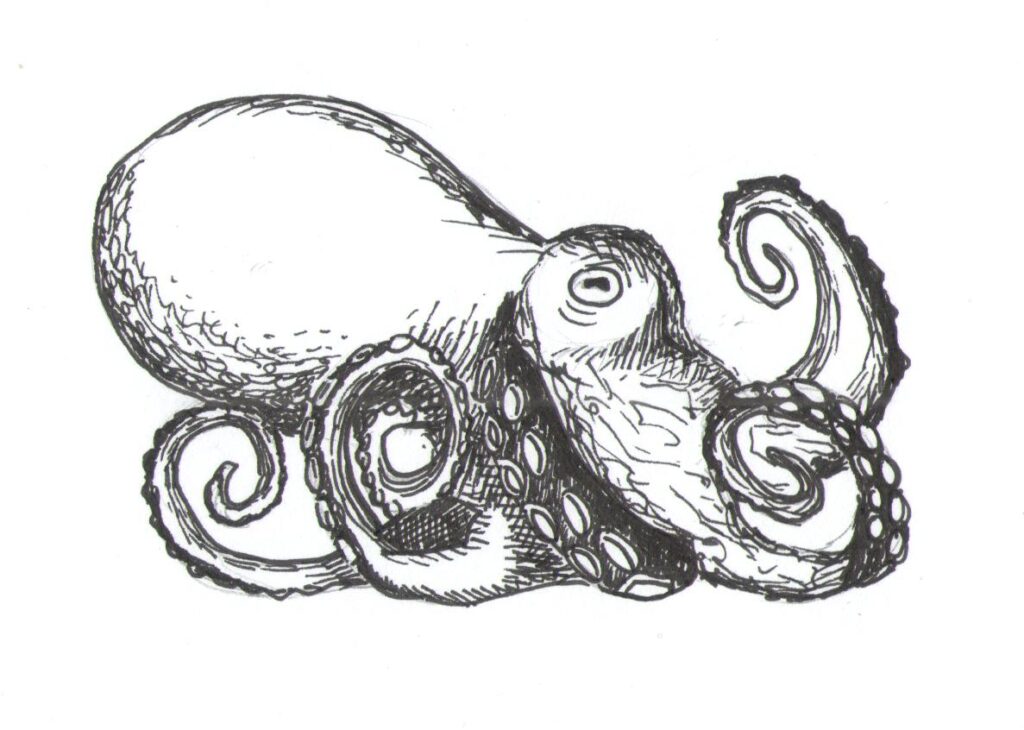
I’ve been wanting to write this post for a while, but I’ve also wondered if I have something new to contribute regarding the subject. There is so much information out there on why one should meditate, and what the benefits are, that I’m not sure there’s a lot left to say about it. So, I thought that I would write this from the perspective of why I meditate.
A few weeks ago, I watched My Octopus Teacher on Netflix for the first time. This is a documentary about South African Craig Foster and his journey over the course of about a year. In this documentary he befriends an octopus in a kelp forest in the Atlantic somewhere near Simon’s Town in the Western Cape. This is a beautiful documentary and probably one of the best things I’ve seen this year. It doesn’t really have anything to do with meditation but it does speak to a change in perspective.
Foster, over the time period of the documentary, becomes familiar with the kelp forest and its creatures, and of course also an octopus. I don’t want to say too much except that he has various highs and lows during this time and the intensity of these experiences deepens his connection to nature and eventually everything around him. At one point, Foster says the following, “What she taught me, was to feel that you’re a part of this place. Not a visitor. That’s a huge difference.”
That was profound to me.
We don’t always think or believe that we’re connected to everything around us because we operate so readily from a sense of separation. It’s such a default state that when something (or someone) comes along and pulls us out of that state, it is almost like we’re brought back to life. We’re so busy trying to get somewhere, or trying to get something done, that we often completely miss that we’re already a part of everything, that we’re already whole and connected in this moment. Meditation is the practice of connecting to that state of wholeness—or at least the practice of becoming aware when we’re not in that state.
That state of wholeness is always available, but it’s often hard to perceive when we feel rushed or defensive or broken. Foster connected to that state through nature, through the kelp forest, through his friendship with the octopus. Unfortunately, not all of us will have such an opportunity. But that’s a reason to meditate.
Meditation shouldn’t be about being more productive, or lowering your cortisol, or changing your brain chemistry. Those things are great but that’s not the best reason. It’s about dropping that sense of separation and stepping into a sense of wholeness. That, to me, is the best reason to meditate.